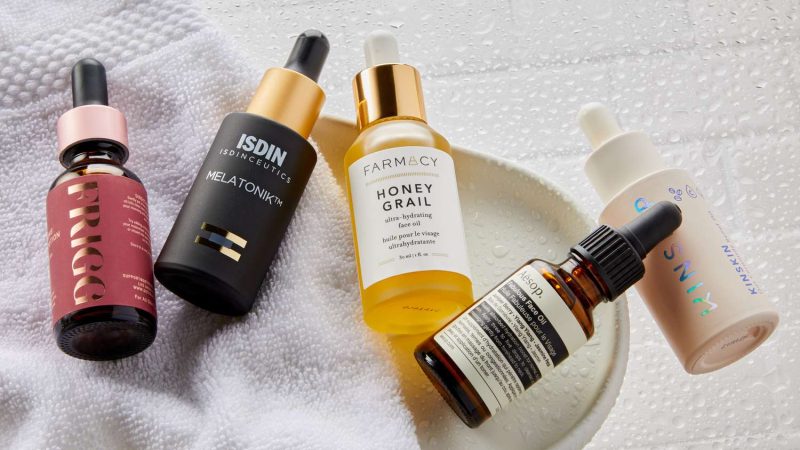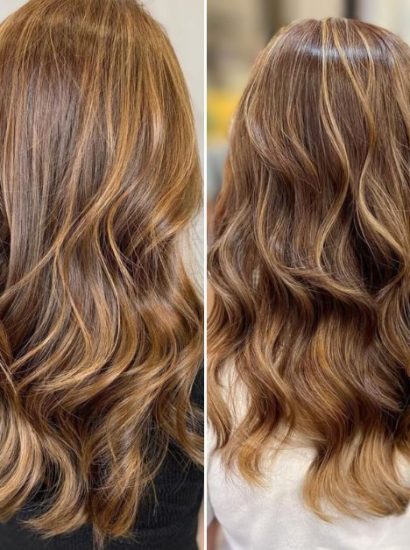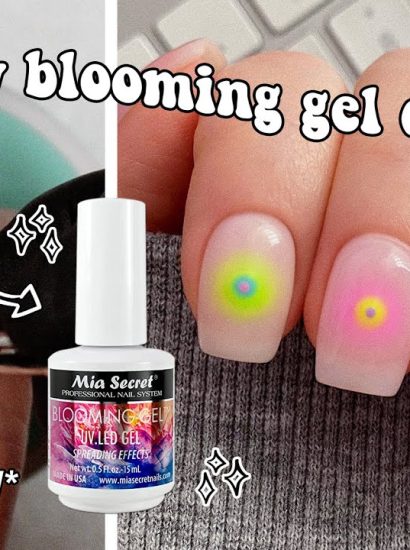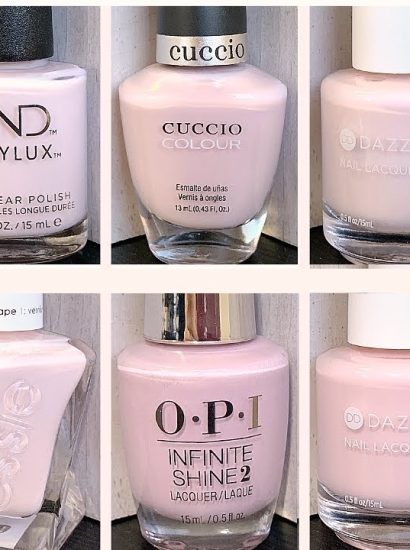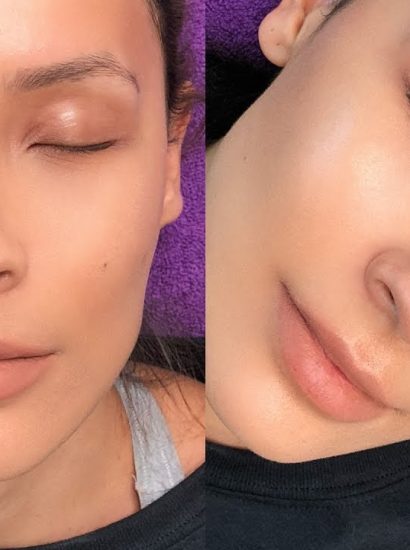Facial oils have become a staple in skincare routines for their numerous benefits, including hydration, nourishment, and even anti-aging properties. However, for those with acne-prone skin, finding the right facial oil can be daunting. The key is to choose non-comedogenic oils that won’t clog pores or exacerbate acne. In this article, we’ll explore 10 facial oils perfect for acne-prone skin and how to incorporate them into your routine.
Introduction to Facial Oils for Acne-Prone Skin
Facial oils have a bad reputation among those with acne-prone skin, primarily due to the misconception that oils will make their condition worse. However, the right oils can help balance the skin’s natural sebum production, reduce inflammation, and provide essential nutrients. It’s crucial to select oils that are non-comedogenic and lightweight.
Facial Oils:Understanding Non-Comedogenic Oils
Non-comedogenic oils are those that do not block pores. The comedogenic scale ranges from 0 to 5, with 0 being non-comedogenic and 5 being highly comedogenic. For acne-prone skin, it’s best to choose oils with a rating of 0-2. These oils can provide hydration and nourishment without causing breakouts.
Jojoba Oil: The Balancer
Jojoba oil is often recommended for acne-prone skin due to its similarity to the skin’s natural sebum. It helps balance oil production, which can reduce the occurrence of acne. Jojoba oil also has anti-inflammatory properties, making it ideal for calming irritated skin.
Rosehip Oil: The Healer
Rosehip oil is rich in vitamins A and C, which are known for their regenerative properties. It can help fade acne scars and improve skin texture. Additionally, rosehip oil is lightweight and absorbs quickly, making it suitable for oily skin types.
Tea Tree Oil: The Antibacterial Agent
Tea tree oil is renowned for its antibacterial and anti-inflammatory properties. It can effectively combat acne-causing bacteria and reduce redness and swelling. However, tea tree oil should be diluted with a carrier oil to prevent irritation.
Argan Oil: The Nourisher
Argan oil is packed with antioxidants, vitamin E, and essential fatty acids. It helps to moisturise the skin without clogging pores. Its anti-inflammatory properties can also soothe acne-prone skin and reduce the appearance of blemishes.
Grapeseed Oil: The Protector
Grapeseed oil is a lightweight oil that is rich in linoleic acid. It helps to tighten and tone the skin, while also providing antioxidant protection. Its non-comedogenic nature makes it perfect for those with acne-prone skin.
Hemp Seed Oil: The Calmer
Hemp seed oil is known for its calming and anti-inflammatory effects. It is high in omega-3 and omega-6 fatty acids, which can help regulate oil production and keep the skin balanced. Hemp seed oil is non-comedogenic and suitable for sensitive skin.
Squalane Oil: The Hydrator
Squalane oil mimics the skin’s natural oils, providing deep hydration without clogging pores. It is lightweight, non-greasy, and helps to lock in moisture. Squalane is also known for its anti-inflammatory properties, making it ideal for acne-prone skin.
Evening Primrose Oil: The Soother
Evening primrose oil contains gamma-linolenic acid, which can help reduce inflammation and heal the skin. It is effective in reducing acne lesions and soothing irritated skin. This oil is also non-comedogenic and can be used as a spot treatment for acne.
Marula Oil: The Rejuvenator
Marula oil is rich in antioxidants and essential fatty acids. It helps to nourish and rejuvenate the skin, reducing the appearance of fine lines and acne scars. Marula oil is lightweight and absorbs quickly, making it suitable for acne-prone skin.
Conclusion
Choosing the right facial oil for acne-prone skin can be a game-changer. By selecting non-comedogenic oils that balance, hydrate, and heal, you can improve your skin’s overall health and reduce acne breakouts. Remember to patch test any new oil before applying it to your entire face to ensure it suits your skin.
FAQs
1. Can I use facial oils if I have oily skin?
Yes, people with oily skin can benefit from using facial oils, especially non-comedogenic ones. These oils can help balance the skin’s natural oil production and provide essential nutrients.
2. How should I apply facial oil to my acne-prone skin?
Apply a few drops of facial oil to your fingertips and gently massage it into your skin after cleansing and toning. You can use it alone or mix it with your moisturiser.
3. How often should I use facial oils for acne-prone skin?
It depends on your skin’s needs. Start with once a day, preferably at night, and observe how your skin reacts. You can adjust the frequency based on your skin’s response.
4. Can facial oils replace my moisturiser?
Facial oils can complement your moisturiser but may not replace it entirely. Oils provide hydration and nourishment, while moisturisers lock in moisture. You can layer them for better results.
5. What should I do if a facial oil causes breakouts?
If you notice breakouts after using a facial oil, discontinue its use immediately. Patch test new products and consult a dermatologist if you’re unsure about which oils are best for your skin.
Also read: KATE THORNTON: 10 MILESTONES IN HER LIFE AND CAREER

